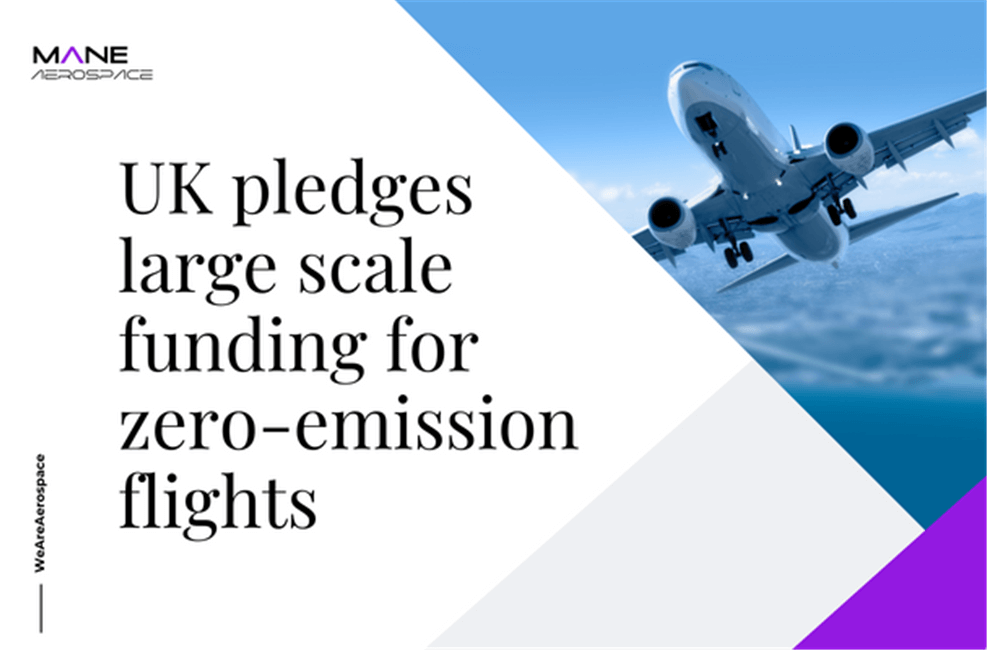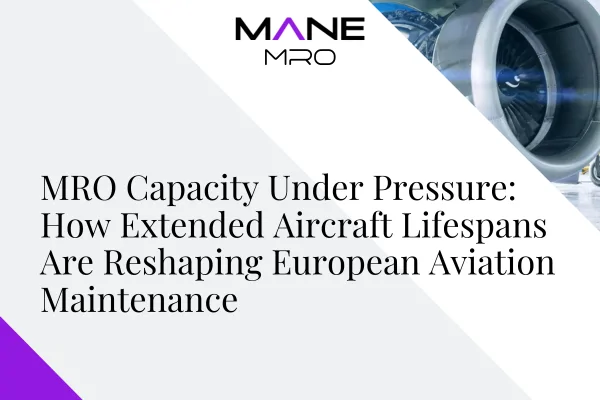UK pledges large scale funding for zero-emission flights
17 Feb, 202310 minsA landmark £113 million investment has been announced to fund research and development...

A landmark £113 million investment has been announced to fund research and development into technologies that could bring us closer to zero-emission flights.
With the funding pledged by the Business and Transport Secretaries, new technologies could pave the way for hydrogen-powered aircraft and electric-powered flying taxis. As the Aerospace Technology Institute (ATI) Programme joins forces with the UK government and industry, it’s expected to open a whole new future for flying without carbon emissions.
Initial plans look promising, with initiatives such as Vertical Aerospace’s mission to develop high-end, lightweight batteries. The Bristol-based electric aircraft manufacturer is set to work in collaboration with projects led by Rolls-Royce, who are to develop the basis of a liquid hydrogen combusting jet engine.
Experts say that projects like these would bring us one step closer to so-called ‘guilt-free flying’- enabling aircraft to travel with zero emissions, and helping to secure thousands of jobs across the supply chain too. The UK’s economy is certainly set for a boost amidst the excitement, with hundreds of millions more in investments expected as a result.
With the investment set to be formally announced at the seventh meeting of the Jet Zero Council, the government has partnered with industry to expedite ambitious plans for zero-emission flights by 2050. The focus is now to forge ahead with advanced technologies and sustainable aviation fuels, as per the Jet Zero Strategy- and the UK’s aerospace and aviation sectors will be leveraged to tackle emissions and encourage growth and green innovation.
UK government’s Business Secretary, Grant Shapps, has highlighted the ‘world-leading UK firms’ and praised the work that that the UK’s aerospace industry is doing to secure cleaner and greener jobs. This comes on the back of other recent success stories, including the Anti Programme’s maiden flight of ZeroAvia’s hydrogen fuel cell-powered 19 seater aircraft in January 2023.
Other such projects include the ATI endorsed Category Enhanced Battery Developments (CEBD) project, which is led by Vertical Aerospace. This focuses on developing a prototype propulsion battery system for aerospace applications, as part of Vertical Aerospace’s electric vertical take off and landing (eVTOL) aircraft.
There are also three projects led by Rolls-Royce: the Hydrogen Engine Systems Technologies (HYEST), with an aim to develop technologies and sub-system architecture for the combustion element of a liquid hydrogen gas turbine; the Robustly Achievable Combustion of Hydrogen Engine Layout (RACHEL), to develop crucial technologies and integrated power plant architecture for a liquid hydrogen gas turbine and the Liquid Hydrogen Gas Turbine (LH2GT), to develop technologies for the delivery of a liquid hydrogen fuel system for a hydrogen gas turbine.
It’s clear that great progress has been made in the UK’s bid to reach net zero by 2050;
there are now calls from the government for the sector to share their views on how the targets for airport operations England can be met. Transport Secretary Mark Harper said,
“As well as developing the next generation of aircraft, it’s also crucial we make the sector greener on the ground, and the call for evidence we’re launching today will help us gather evidence on how airports can reach zero emissions by 2040.” (https://www.gov.uk/government/news/over-110-million-to-unlock-zero-emission-guilt-free-flights)


